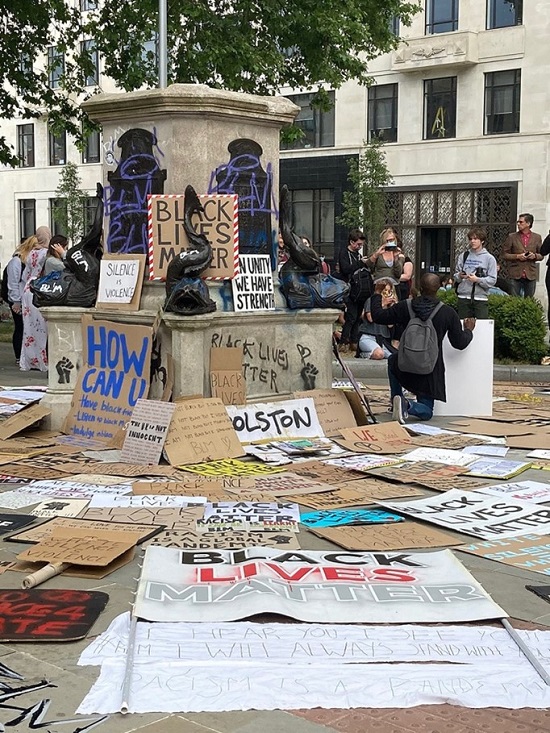British Identities
Module Leader: Dr Jim MacPherson
How did it come to this? In a world of multiple crises, this module explores the fracturing of British identities from the Act of Union in 1707 to the present day. We examine the historical roots of Brexit, movements for Scottish independence, and how the legacies of empire and colonialism continue to structure our contemporary world. Engaging with cutting-edge academic debate across a range of disciplines, the module examines the broader theoretical contexts in which ethnic, religious, political, class, gender and sexual identities relate to – and are shaped by – ideas of Britishness. We conclude our survey of Britishness with an examination of the 2014 Scottish Referendum and the ongoing fallout of Brexit, reflecting on public debate about British identities and what this means as the Union continues to fracture.
Indicative Content
- Britishness in context
- Debating Britishness: from Pocock to Colley to Stuart Hall – and beyond!
- Politics and Britishness
- Class and Britishness
- Gender and Britishness
- 'Race' and Britishness
- Empire: Britishness at Home and Abroad
- Migration and Empire
- Contemporary Britishness I: IndyRef and Brexit
- Contemporary Britishness II: Ghosts of Empire
Method of Delivery
This module is taught through live classes and an online Discussion Board. There are 10 weekly live session, each of 2 hours, which will take place on a day and time to be confirmed before the start of semester. All live sessions will be recorded and so students who are unable to attend these opportunities will be able to view the recordings in their own time. Students should also engage with the Discussion Boards for each theme to enable online discussion of weekly topics.

The empty pedestal of the statue of Edward Colton in Bristol, by Caitlin Hobbs, CC BY 3.0, https://commons.wikimedia.org/wiki/File:Edward_Colston_-_empty_pedestal.jpg
Coursework
- Blog Post – 1000 words, 25%
- Project Essay – 4000 words, 75%
Recommended Reading
See Module Resource List.
Fees and funding
See UHI website.